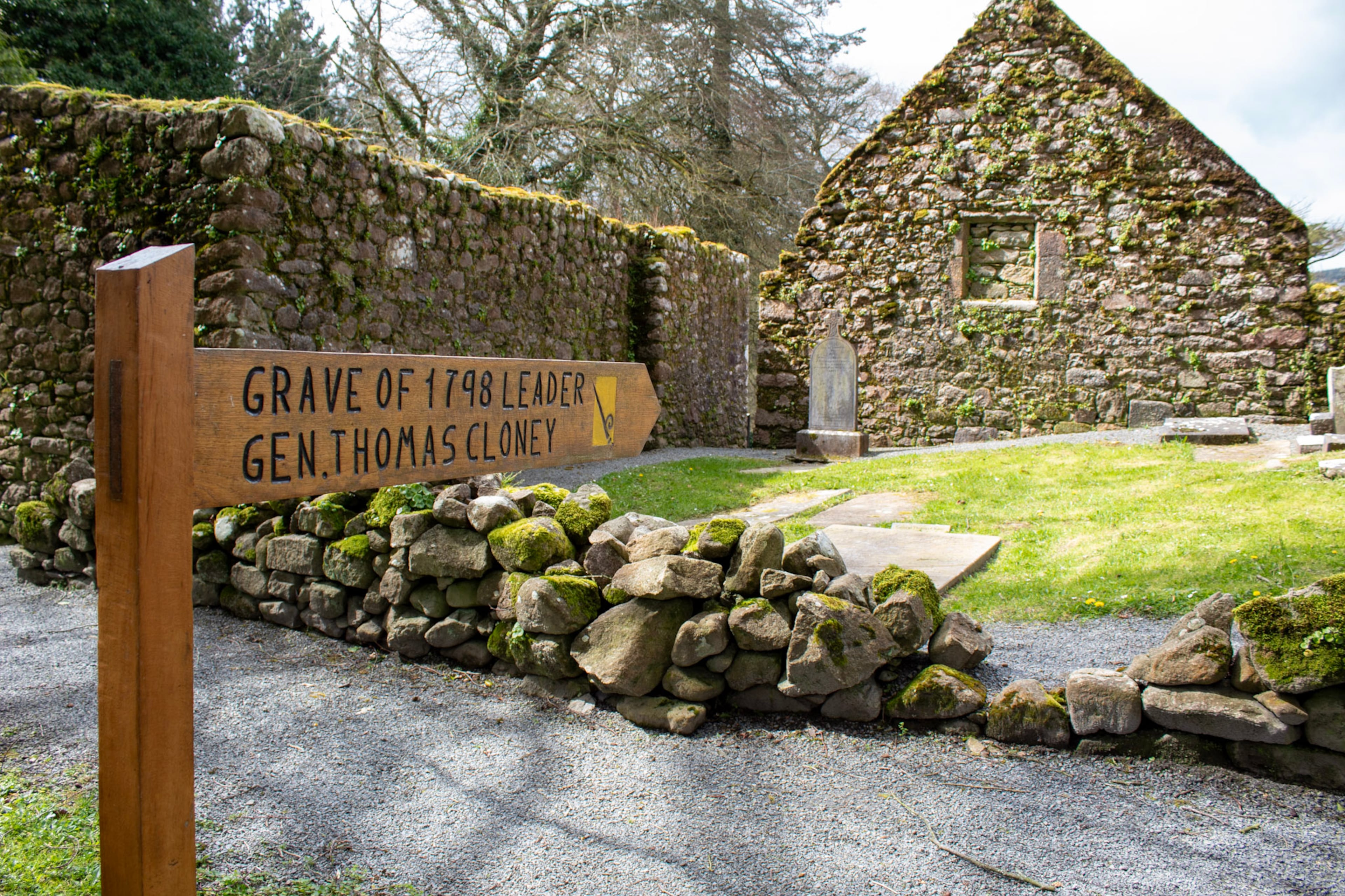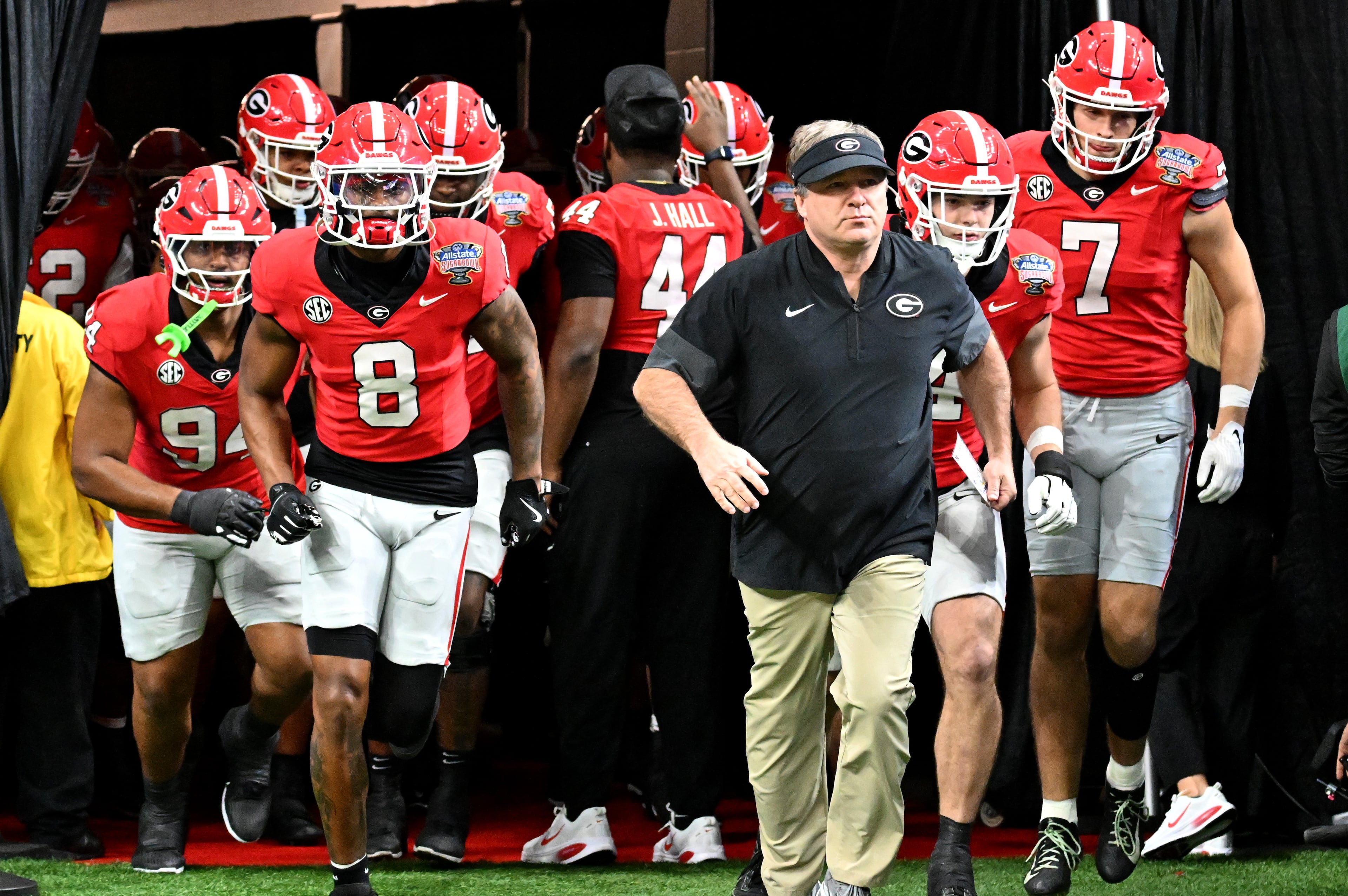Georgia Southern’s unique Irish campus expands study abroad program

STATESBORO — By now, Georgia Southern University researcher Howard Keeley doesn’t need a map to trace Georgia’s connections to Ireland.
Most links run through the port cities of Savannah on the Georgia coast and Wexford on the other side of the Atlantic Ocean. Established as a timber shipping route, what became known as the Wex-Sav Axis also served as a passage to America for tens of thousands of Irish immigrants during the country’s potato famine in the mid-19th century.
Nowadays, the two locales engage in another robust trade: education.
Last month, Georgia Southern marked a milestone for the University System of Georgia’s only Irish studies program when the Honors Global Scholars, a group of 13 freshman honors college students, spent six weeks in Ireland. The visit builds on a summer abroad program in operation since 2009 and is a precursor to expanding programming at the Georgia Southern Wexford learning center, the first-ever Irish campus established by an American public university.
The classroom facility opened in 2019 in a shuttered 19th-century municipal building. A neighboring property once home to a convent is being renovated into a 50-bed residence hall. The dormitory should be ready for students in fall 2025.

From there, Keeley said, Georgia Southern undergrads and those from the state’s other public universities can enjoy immersive research opportunities previously available only to enrollees at private schools with Irish campuses, such as Notre Dame and Boston College. An operational campus allows participants to get beyond the typical study abroad experience, which tend to be short trips with a heavy emphasis on the culture — including the nightlife — of the locale.
“The students still have the chance to spend time in the pubs and see the sights,” said Keeley, an Irishman who came to the United States to attend college and stayed. “We’re positioning ourselves to step up the program year-round and get to where we can do that research piece more aggressively.”
Going global
Georgia Southern’s Irish studies program began in 1995 as a side project by Fred Sanders, a literature professor at the university with a love for James Joyce, William Butler Yeats, Oscar Wilde and other Irish literary icons. Irish studies was the flavor of the month in American academia at the time, and Georgia’s Irish roots gave the initiative credibility.
Sanders ran the program by himself from his campus office for nearly a decade, with research focused almost exclusively on the history of the Irish in Georgia. The popularity of the Savannah St. Patrick’s Day Parade made the city an Irish heritage hot spot, which translated to interest and support from the Savannah area’s large Irish community.

Even so, when Keeley came on in 2004, the Center for Irish Studies and Teaching’s physical footprint was a professor’s office with a nameplate on the door. Keeley said Georgia Southern was the only school in North America with an Irish studies program that didn’t offer students an opportunity to study in Ireland.
Keeley worked with faculty members across the university to broaden the Irish studies curriculum beyond history and literature. He also sought support from the University System to start the Ireland study abroad program, with the first trip in 2009.
The Georgia Southern Wexford learning center has welcomed about 180 undergrads for “Wex-mesters” since it opened.

‘Building a plane while flying it ...’
Interest in Georgia Southern’s Irish studies program is thicker than the brogue heard in Wexford’s pubs.
The Honors Global Scholars program has doubled enrollment since its inaugural year, and it received 300 applications for the 28 openings from high school seniors across the nation. Keeley said many of those students indicated they would not have applied to attend Georgia Southern if not for the Irish studies component.
The Wexford campus is a big draw, but the curriculum is another. With research focused on the themes of sustainability and Irish nationalism, the program reaches across multiple disciplines.
“You don’t have to be an international studies major to get something out a program like this one,” said Ava Rumsey, a political science and economics major from Woodstock. “Learning about the world is beneficial to students in every study area.”

Much of the sustainability studies relate to agriculture, with students looking at farming practices in southeast Georgia in comparison with the countryside outside Wexford. The undergraduates also study the Irish identity dating to the late 1700s and how the island’s history in the two centuries since has shaped public policy and the current relationship to the European Union.
Both tracks take a “value-added” approach, with field trips to Statesboro-area farms and Savannah neighborhoods once largely populated by Irish immigrants. While in Ireland, students experience Irish farming practices firsthand and visited historic sites, such as battlefields.
“We are building the plane while flying it,” said Amy Potter, a professor of geography. “But it’s easier when you have an incredible group of students.”



